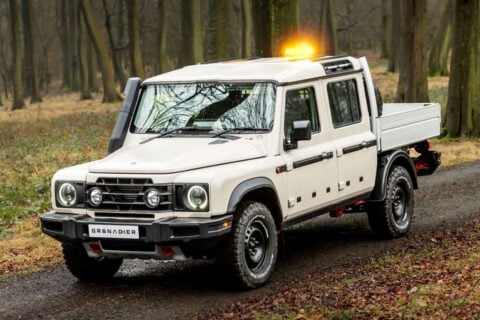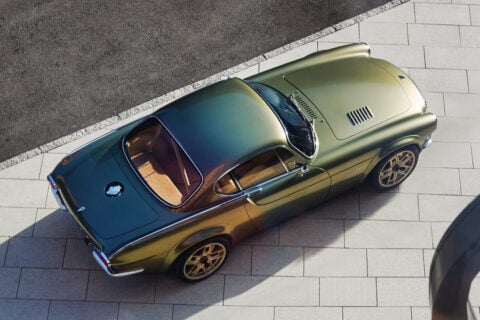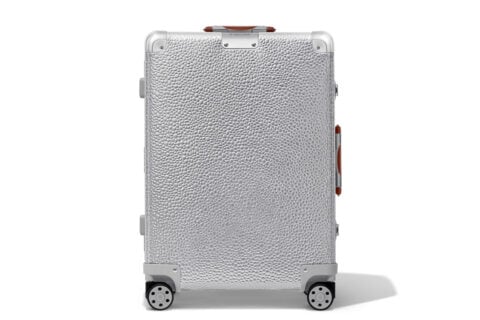The biannual Tokyo Motor Show has traditionally held the distinction of being Japan’s premier automotive event, where the nation’s most cutting-edge offerings are unveiled. The most recent event took place in 2019, as the 2021 edition had to be cancelled due to the ongoing pandemic. In its current iteration, running until November 5th at the Tokyo Big Sight Exhibition Centre, the show has undergone a rebranding, now known as the “Japan Mobility Show.” This transformation aims to foster a more inclusive environment, inviting not only automotive brands but also a broader spectrum of ideas.
The Japan Mobility Show envisions itself as a platform where visitors can contemplate and discover the true essence of an ideal future. Among the myriad of offerings, there is a prominent focus on compact cars and commercial concepts that have the potential to enhance our lives. A recurring theme among these practical vehicles is sustainability, as all of them operate on electric powertrains.
Concepts such as the Daihatsu me:MO, Toyota IMV 0, and Toyota Kayoibako are designed with expandability in mind, enabling them to cater to a wide range of personal and commercial needs. Notably, the interiors of the me:MO and Kayoibako can be customized with a modular structure, allowing for the easy replacement of components to adapt to changing requirements. In the case of the IMV 0, it can be equipped with different decks to serve various purposes. Honda’s compact cars, the CI-MEV and the Sustaina-C, embody the company’s commitment to automated driving technologies and the exploration of future vehicle body materials, respectively. Suzuki, on the other hand, proudly describes its eWX as a “crossover of fun and practicality” that is uniquely characteristic of the brand.
Daihatsu me:Mo
A sustainable mini-passenger battery electric vehicle (BEV), the me:MO can adapt to different stages of life. Daihatsu has brought a colourful version of me:MO to Tokyo Mobility Show, stating that it’s designed for a child, but the exterior decorations and the interior structure can be changed easily thanks to the modular design, making the vehicle a long-term companion to its owner.
Honda CI-MEV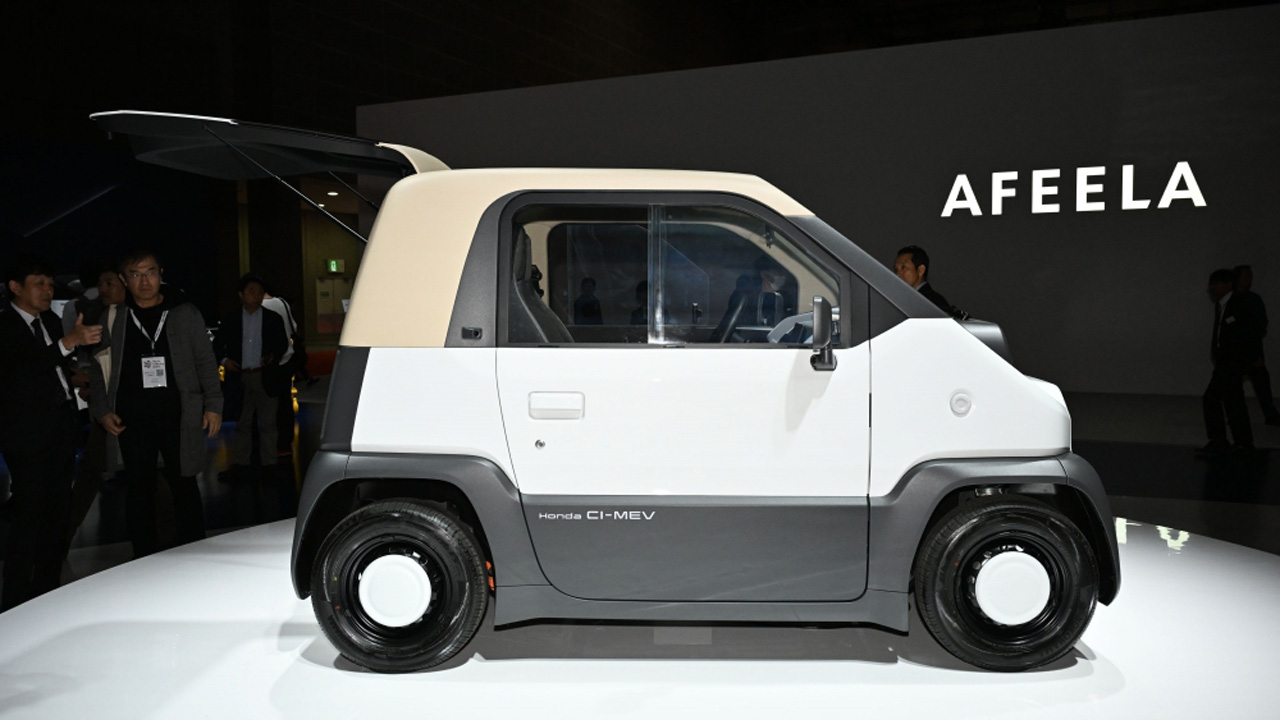
The demonstration model of two-seat, four-wheel electric vehicle features Honda’s original Cooperative Intelligence (CI) that enables mutual understanding between machines and people. The automated driving technologies found in the CI-MEV can recognise its surroundings, and the automaker expects it to be used for last-mile mobility in replacement of walking.
Honda Sustaina-C
The Sustaina-C concept is here to prove that different materials can be used for building cars, and in this case, it’s the recyclable and reusable acrylic resin. The owner will be able to rearrange colourful panels as their mood suits, while the new lighting technologies make communication more fun.
Suzuki eWX
This compact futuristic EV stays close to people’s daily lives with a reliable range of 230 km per single charge. Suzuki says the clean and simple body shape makes the concept more approachable, and the vibrant neon green cabin space is user-friendly with a homey feel.
Toyota IMV 0
This pickup-type concept goes back to the origins of Toyota’s IMV*3 project. Apart from increasing its off-road capabilities, customisable parts can now be bolted onto the deck section to suit different business and leisure applications. Toyota suggests it could be a food truck, a mega gacha machine, a commercial lorry, and many more.
Toyota Kayoibako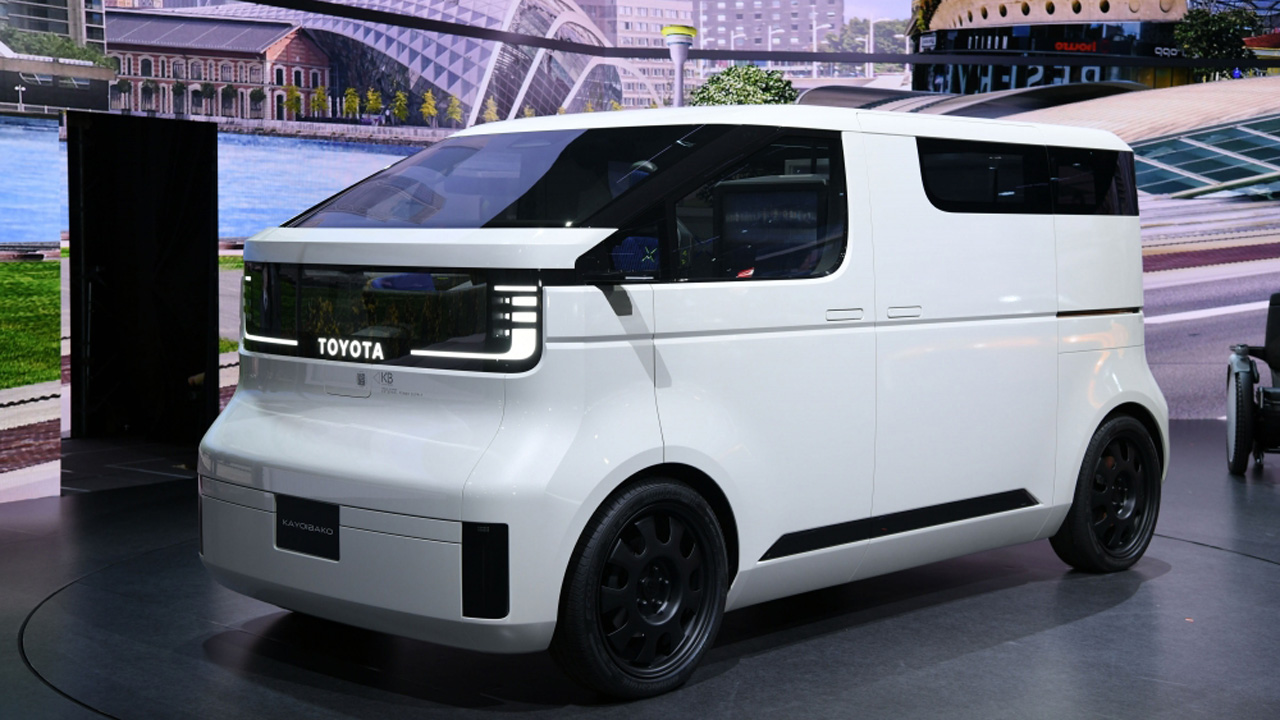
The name “Kayoibako,” which translates to “reusable shipping boxes with configurable inserts” in Japanese, plainly states the vision behind the concept van. Both its hardware and software can be tailored to diverse use cases, ranging from a commercial van with multiple shelving units, a mobile clothing retail shop, to a campervan, thanks to smart grids and advanced social systems.


